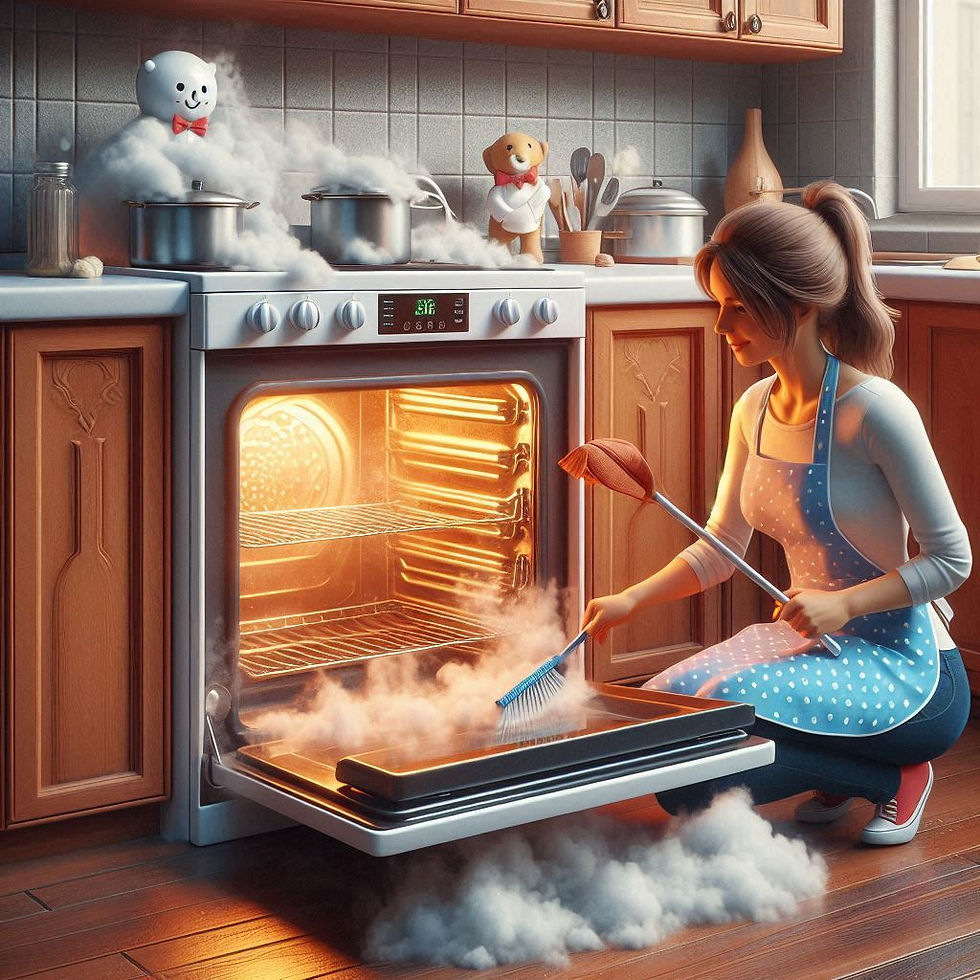Why Are People Leaving the Care Industry to Become Cleaners?
- Blog Writer
- May 15, 2025
- 2 min read

In recent months at Isle Shine Limited, we've noticed a surprising trend—more and more of our new team members have something in common: they’ve come from the care industry.
This got us thinking. Why are people leaving jobs in care—roles that are vital to the health and well-being of our most vulnerable—for roles in cleaning? And more importantly, why is it that cleaners are often being paid more and treated better than carers?
Let’s dig into what’s behind this shift.
1. The Harsh Reality of Care Work
Working in the care sector is one of the most emotionally and physically demanding jobs out there. Long shifts, back-to-back appointments, night work, weekend hours, and intense emotional strain are par for the course. Many carers regularly work unpaid overtime, deal with understaffed facilities, and carry the emotional weight of supporting people in their most vulnerable moments—all for often little more than minimum wage.
And yet, the care industry is essential. So why Are People Leaving the Care Industry to Become Cleaners and why is the pay so low? Why are the conditions so difficult?
2. Cleaning Jobs Now Offer Better Pay – and a Better Life
At Isle Shine Limited, we offer a completely different experience. Our cleaning teams earn more than many carers do—and that’s not something we say lightly.
Cleaners at Isle Shine typically earn more per hour, have predictable shifts, no night work, and enjoy a less emotionally taxing environment. There’s no lifting, no medical responsibility, no double-ups or rushed 15-minute visits.
This isn’t just true at Isle Shine—it’s a trend across the country. The cleaning industry, once seen as “low paid,” is now in high demand and offers a reliable, stable income that’s often outpacing frontline care roles.
3. Why Is Cleaning Valued More Than Care?
That’s the question we’re asking. Why has it come to this?
Carers do some of the most important work in our society. They look after our parents, our grandparents, our disabled friends and family. Yet it’s increasingly common to find that someone cleaning a hallway, a house, or a hotel room earns more per hour—and has a better work-life balance—than someone providing personal care.
It doesn’t sit right with us.
4. What This Means for the Future of Work
We’re proud that cleaning is finally being recognised as skilled, important work that deserves decent pay. But it also shines a harsh light on how little we value care work in this country.
The mass movement of staff from care to cleaning isn’t just about money—it’s about fairness, respect, and burnout. Until conditions improve in care, the exodus will likely continue.
Final Thought: It's Time for a Conversation
At Isle Shine, we’re not trying to poach staff—we’re asking questions. Why is it that cleaners are now better off than carers? What does that say about our priorities as a society?
We need to talk about it. Because unless things change, the care sector will keep losing the very people it needs the most.




Comments